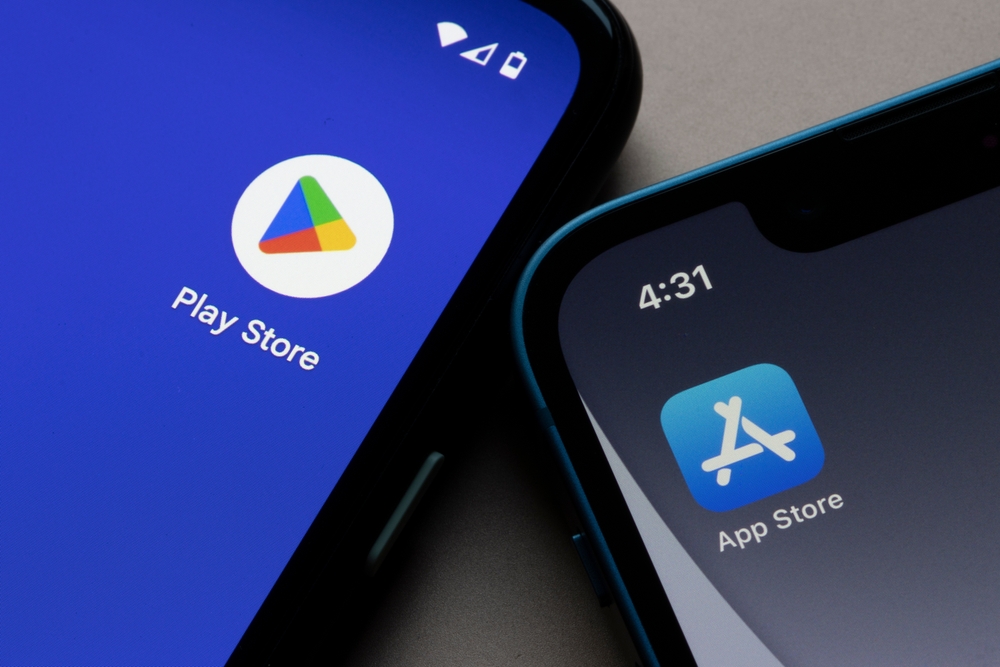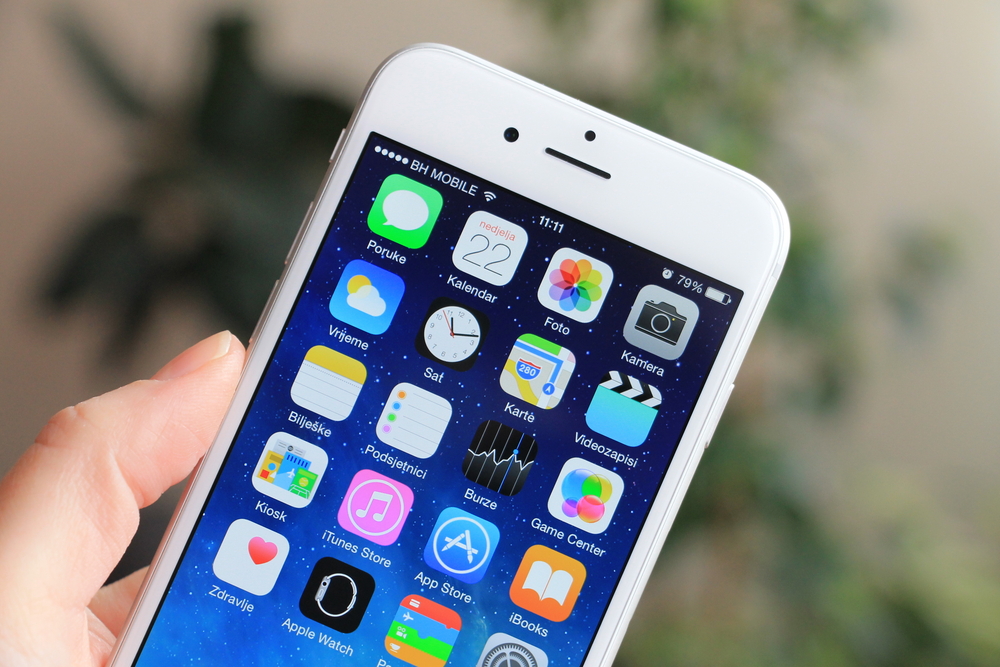
App Marketing 101: Top Tips & Tricks for Promoting Your Mobile App

Mobile apps have become an integral part of our lives, with millions of applications available across various app stores. However, creating a mobile app is just the beginning. In order to stand out from the competition and attract users, you need to invest in app marketing. In this article, we will discuss some top tips and tricks that can help you promote your mobile Android or iOS app effectively.
1. Define Your Target Audience
Before diving into app marketing, it is crucial to clearly define your target audience. Understanding who your app is designed for will help you tailor your marketing efforts towards those specific individuals. Conduct thorough market research to identify the demographics, interests, and habits of your potential users. This information will allow you to create targeted marketing campaigns that resonate with your audience.
2. Optimize Your App Store Listing
An optimized app store listing can significantly impact the visibility and download rate of your mobile iOS or Android app . Start by carefully selecting relevant keywords to include in your app title, description, and tags. These keywords should reflect the core features and functionality of your app. Utilize eye-catching and high-quality app icons and screenshots to entice potential users. Pay attention to your app's rating and reviews as well, as positive feedback can boost your app's credibility.
3. Leverage Social Media
Social media platforms offer a powerful and cost-effective way to promote your mobile app . Create official accounts for your app on popular social media networks and regularly share engaging content related to your app's features, updates, and user testimonials. Engage with your audience by responding to comments and inquiries promptly. Collaborate with influencers in your app's niche to reach a wider audience and generate buzz around your app.
4. Implement App Store Optimization (ASO)
App Store Optimization (ASO) is a strategy aimed at improving your app's visibility within app stores' search results. ASO involves optimizing your app's metadata, including the title, description, keywords, and screenshots. Conduct keyword research to identify popular search terms related to your app's niche and incorporate them strategically into your app's metadata. Also, regularly update your app's metadata to stay relevant and keep up with changing search trends.
5. Run Paid Advertising Campaigns
Paid advertising campaigns can be a great way to promote your mobile App Store or Google Play app and increase its visibility. Platforms such as Google Ads and social media advertising platforms provide various options for targeting and reaching your potential users. Create compelling and visually appealing ads to attract users' attention. Experiment with different ad formats, such as text-based, image-based, or video-based ads to see what resonates best with your target audience.
6. Secure App Reviews and Ratings
Positive app reviews and ratings play a crucial role in establishing credibility and trust among potential users. Encourage your existing users to leave feedback and rating by implementing in-app prompts or offering incentives. Respond to user reviews, whether positive or negative, in a timely and professional manner. Addressing users' concerns and feedback can help improve your app's reputation and overall user experience.
Frequently Asked Questions
1. How long does it take to see results from app marketing efforts?
App marketing results can vary depending on various factors such as the competitiveness of your app's niche, the effectiveness of your marketing strategies, and your app's overall quality. It may take some time to see significant results, so it's essential to be patient and continuously monitor and optimize your marketing efforts.
2. Should I focus on organic or paid app marketing?
Both organic and paid app marketing strategies have their merits. Organic app marketing can help you build a sustainable user base over time, while paid app marketing can provide immediate visibility and reach. It's recommended to have a balanced approach by utilizing both strategies to maximize your app's growth potential.
3. How can I evaluate the success of my app marketing campaigns?
Tracking key performance indicators (KPIs) is essential to evaluate the success of your app marketing campaigns. Some common KPIs to monitor include download numbers, user engagement metrics, retention rates, and return on ad spend (ROAS). Regularly analyze these metrics to assess the effectiveness of your marketing efforts and make data-driven decisions to optimize your campaigns.
4. Can app store reviews be manipulated?
Manipulating app store reviews is against the policies of app stores and can lead to severe consequences, including the removal of your app from the store. Instead of resorting to manipulation, focus on providing a high-quality app experience, engaging with your users, and encouraging genuine reviews and ratings.
5. Are there any free promotional strategies for app marketing?
Yes, there are several free promotional strategies for app marketing. Utilize social media platforms to create engaging content, leverage app store optimization techniques to improve visibility, encourage word-of-mouth marketing through user referrals, and collaborate with influencers or bloggers in your app's niche for wider reach.
In conclusion, promoting your mobile app is as important as developing it. Utilize the tips and tricks mentioned in this article to effectively market your mobile app and drive user acquisition. Remember to understand your target audience, optimize your app store listing, leverage social media, implement ASO, run paid advertising campaigns, and secure app reviews and ratings. By employing these strategies, you are increasing the chances of success for your mobile Google Play or App Store app in today's competitive market.
Other useful resources
- https://en.wikipedia.org/wiki/Android_(operating_system)
- https://www.appguru24.com/android-app-promotion/
- https://www.appguru24.com/promote-ios-app/
- https://www.appguru24.com/apps-directory/android/